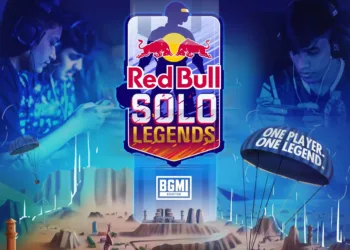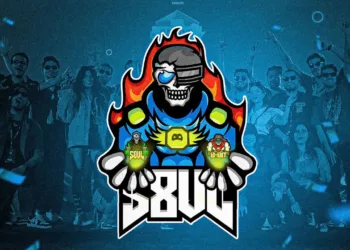A groundbreaking study on online gamers in India has uncovered a significant shift in the perception of gaming, with it emerging as a viable career option rather than just a form of entertainment.
Gaming Poised to Emerge as a Viable Source of Income in India
According to the study, 83% of respondents view gaming as either their primary or secondary source of income, indicating the growing trend of pursuing it professionally.
Among them, 39% consider it their primary source of income, while 44% see it as a secondary source. The study also reveals that gamers have been able to increase their earnings by improving their skill sets, motivating them to embrace it as a profession. This new gaming segment, Paid Competitive Gaming (PCG), is expected to be one of the fastest-growing segments, projected to reach $16 billion by 2024, as reported by Newzoo and MPL.
The study further highlights the popular mobile games preferred by Indian gamers, including puzzle, board games, and adventure sports, which are favored across demographics and engagement levels. While AAA games are popular among gamers aged 16-25, seasoned players gravitate towards poker, rummy, carrom, and puzzles.

Conducted by EPWA in collaboration with the Centre for Justice through Technology (CJT), Vinayaka Mission’s Law School, and Research Foundation-DU Chennai, the study delves deep into the attitudes and preferences of gamers in India. It provides valuable insights into required skills, family and social support, professional gaming, and the impact of regulations. The study involved in-depth interviews with both casual and professional gamers, including online fantasy sports players and esports professionals such as poker, from across the country.
Contrary to negative stereotypes, the study highlights the dedication and commitment of online gamers. These individuals actively engage in gaming for 10-20 hours per week. Notably, 77% of those who invest maximum hours in gaming fall within the 16-25 age range. Success in online gaming relies on essential skills such as analytical skills (97%), concentration (87%), and creativity (69%).
Family and social support within the gaming community vary. Initially, 71% of respondents encountered low family support, while 17% received moderate backing, and only 12% experienced familial encouragement when starting their gaming journey. However, family and social support increase as gamers begins to earn from gaming and demonstrate focus and commitment to honing their skills.
The study sheds light on the earning potential of professional gamers, who rely on diverse income sources such as gamer contracts (51%), sponsorships (14%), streaming (5%), content creation (9%), and coaching (21%).
Regarding regulations, the study reveals concerns raised by gamers. A significant number (89%) feel that high taxes, such as GST and TDS, have increased their playing costs, potentially leading them to explore alternative platforms if GST is further increased. The criminalization of players by state governments and the lack of uniform regulations are also major concerns, affecting 62% of gamers in states like Tamil Nadu, Telangana, Andhra Pradesh, Odisha, and Assam. The study further explores the social aspects and the resulting impact on online gamers, highlighting misconceptions and social stigma arising from the lack of clarity between games of skill and games of chance. As a result, 71% of respondents reported low family support.
Finally, the study emphasizes the need for a supportive and well-defined regulatory framework to protect user rights and promote responsible gaming, ensuring the full realization of the sector’s potential.








